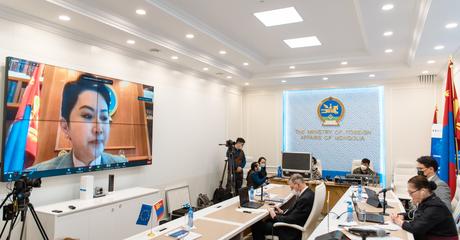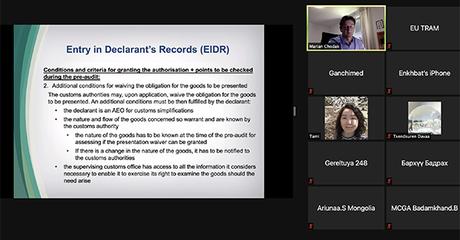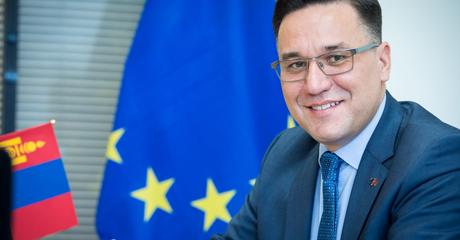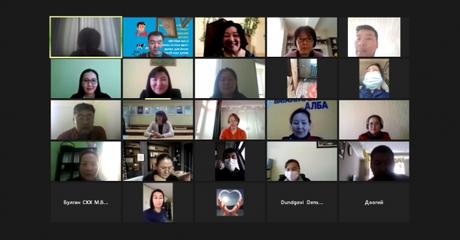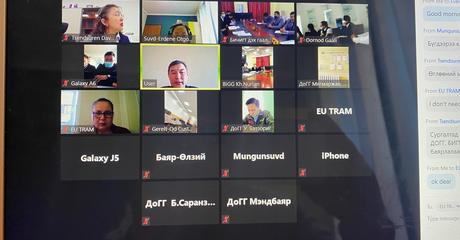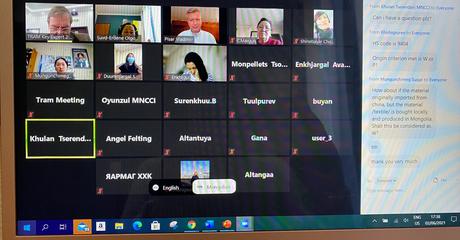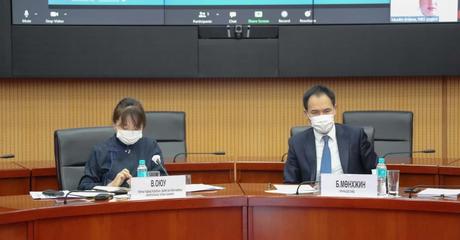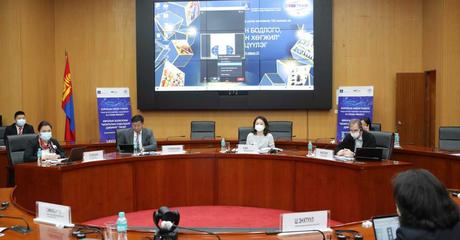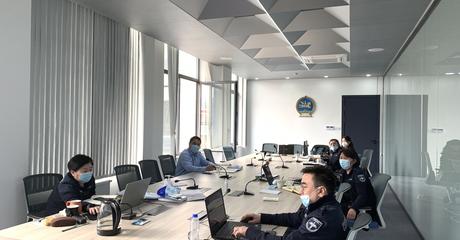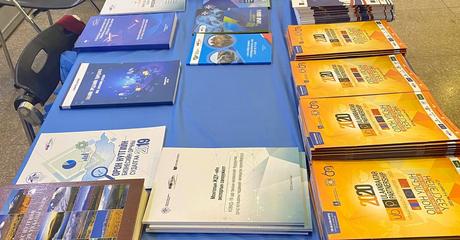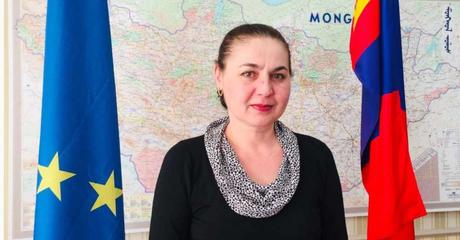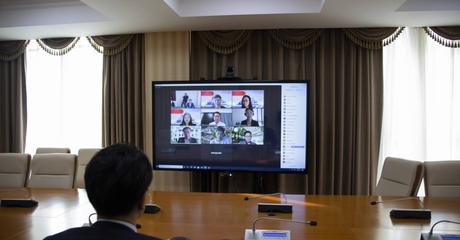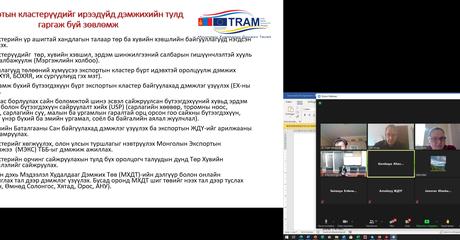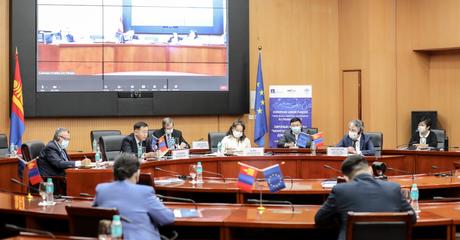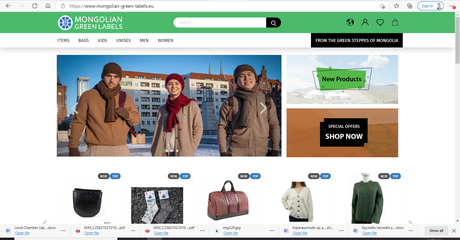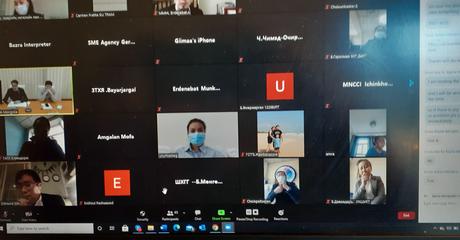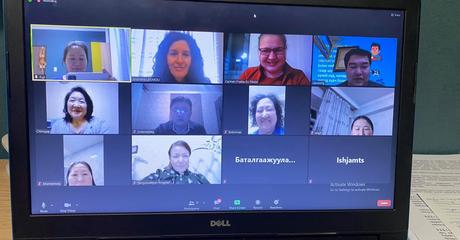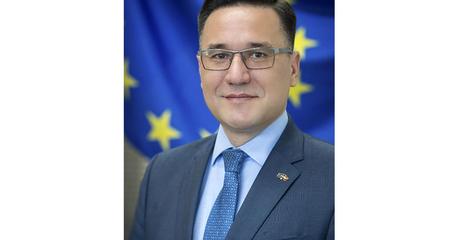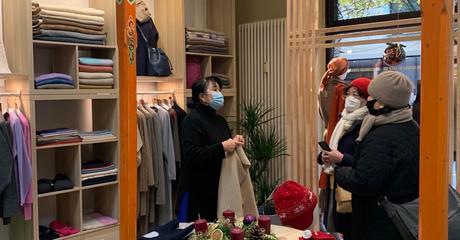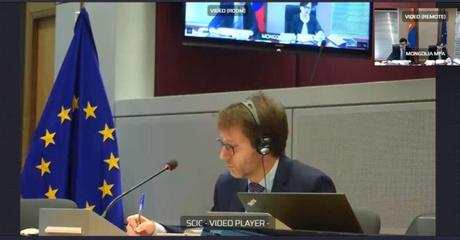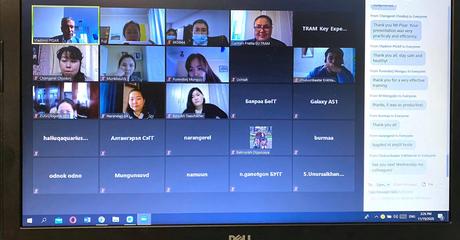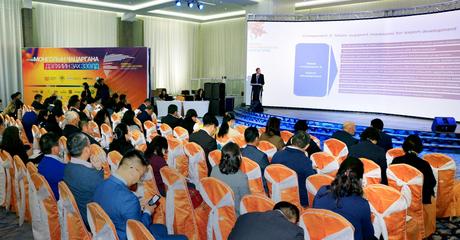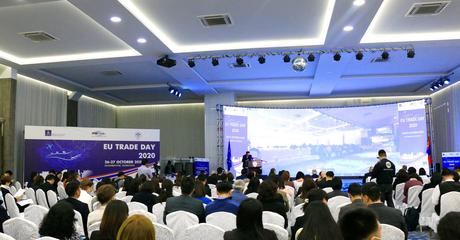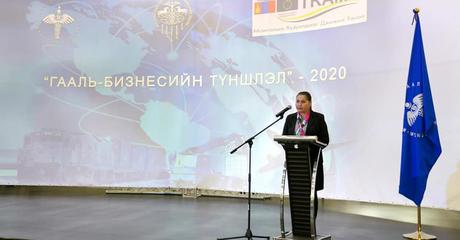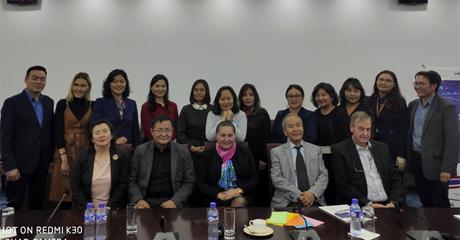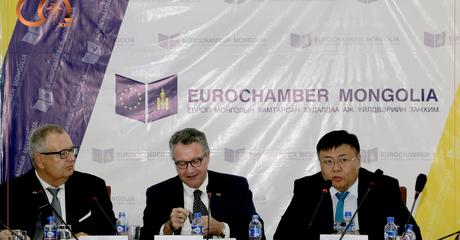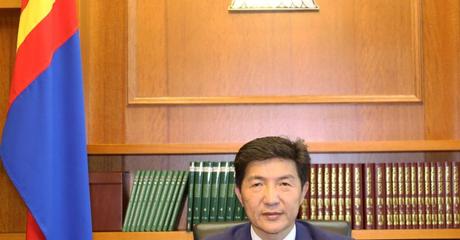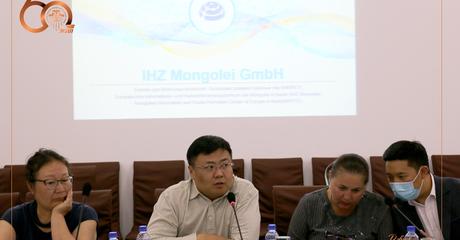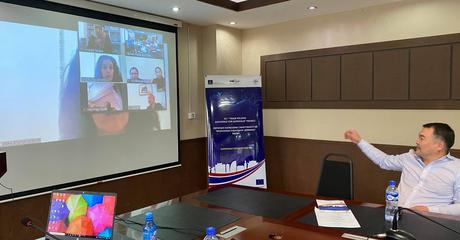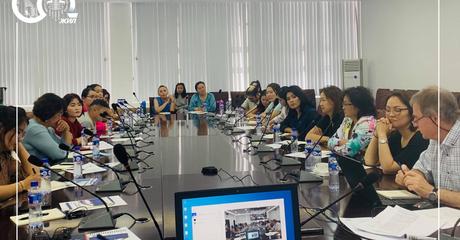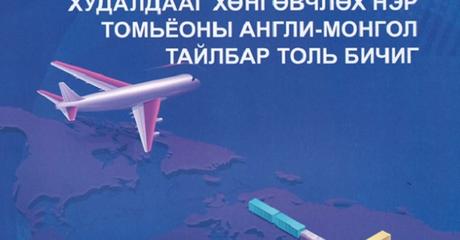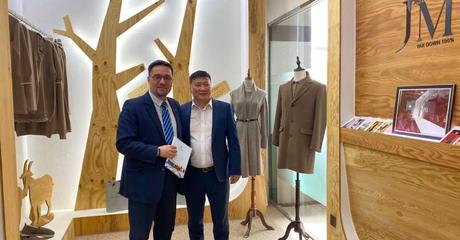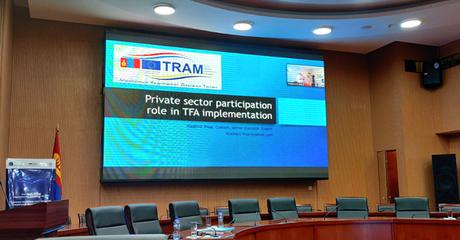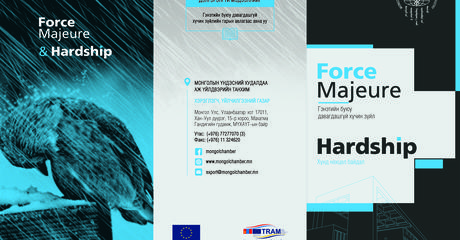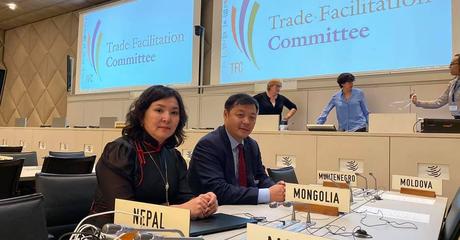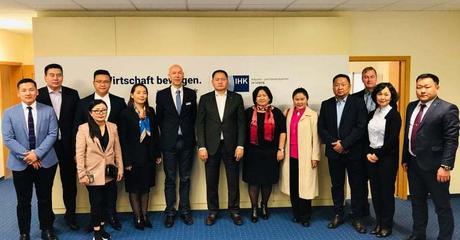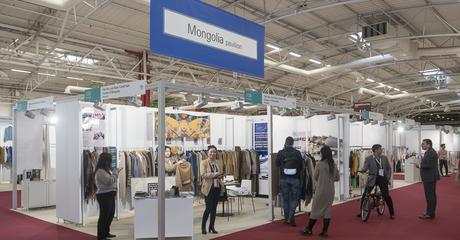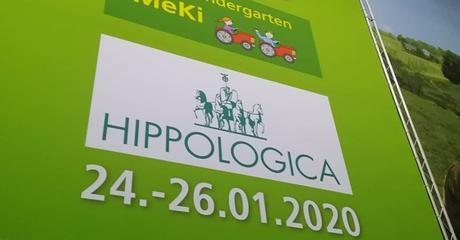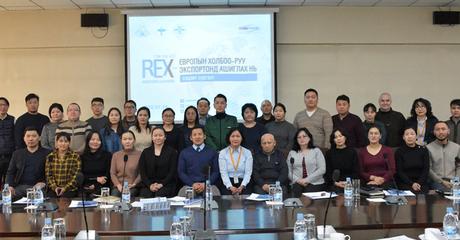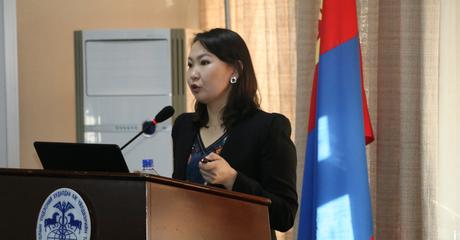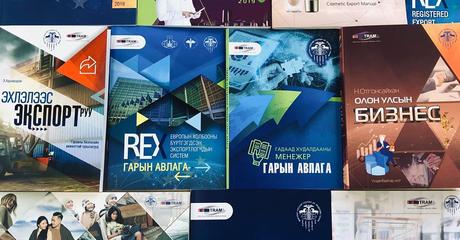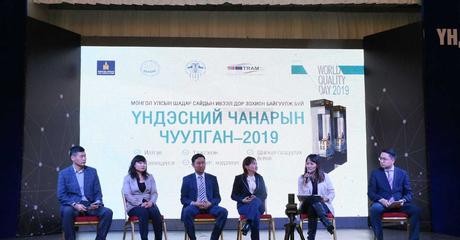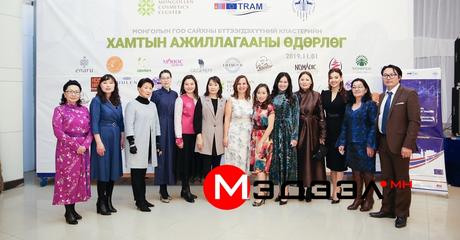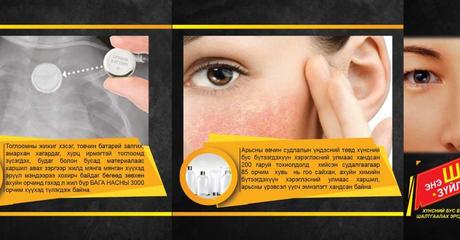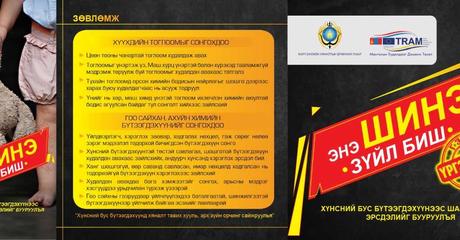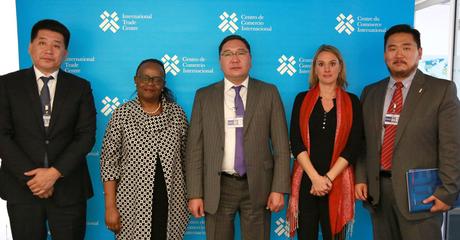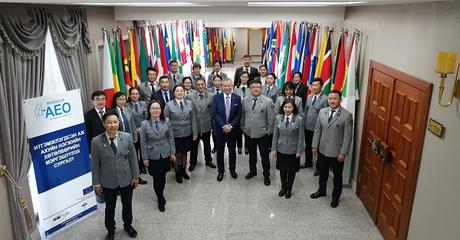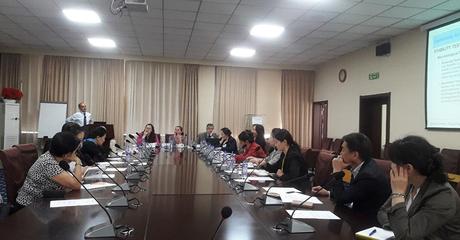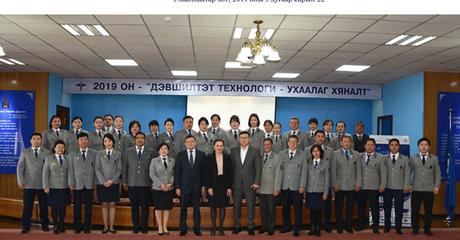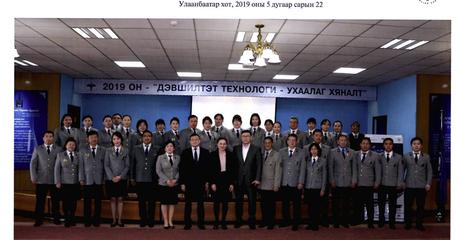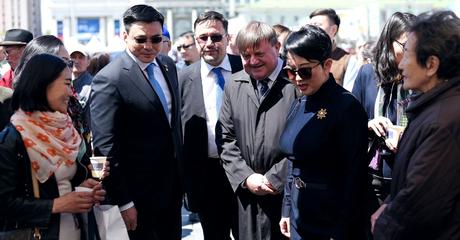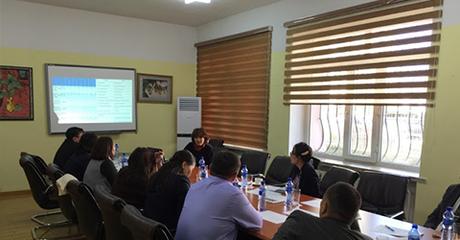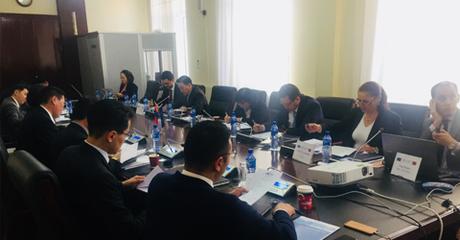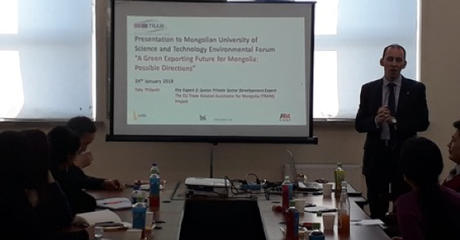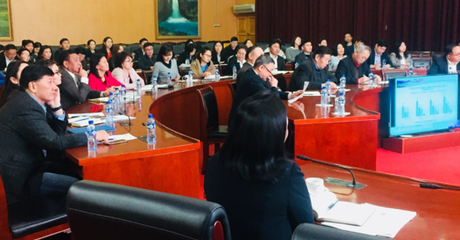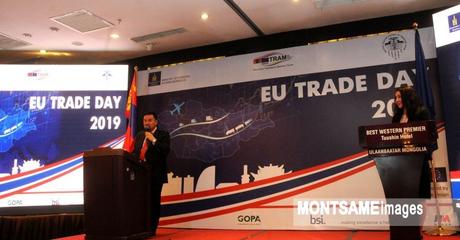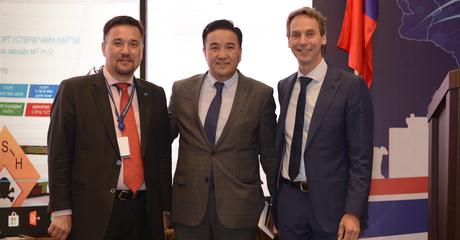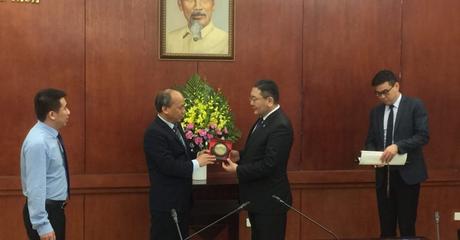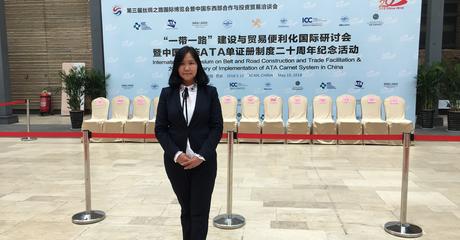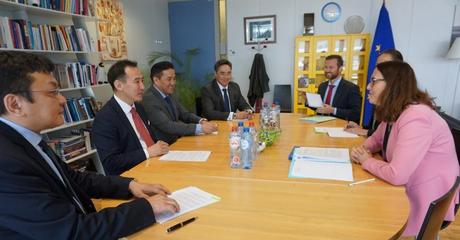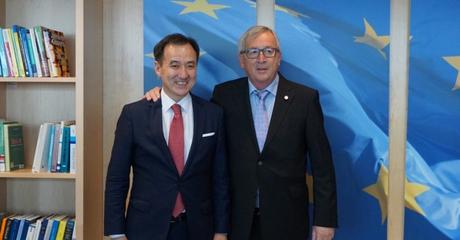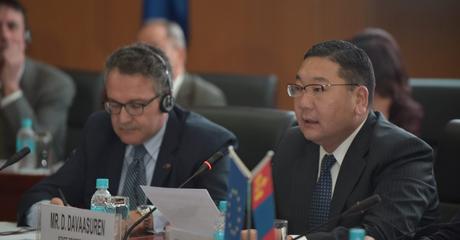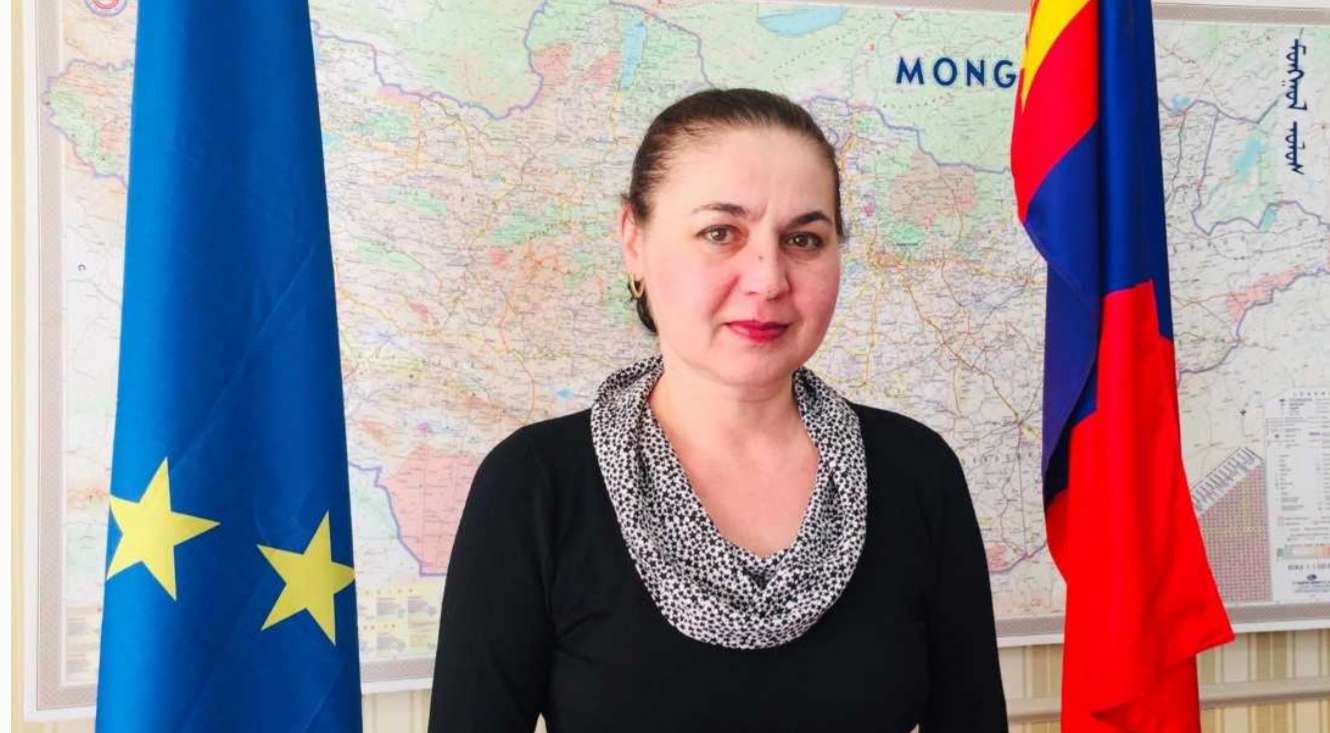
Article of Ms. Carmen Fratita, Team Leader of EU-TRAM project at www.business.mn.
The project Trade Related Assistance for Mongolia (TRAM) is funded by the European Union with a financial volume of almost 4.5 million Euros and is implemented from March 2017 until July 2021. Its main objective is to enhance Mongolia’s international trade and economic diversification and to contribute to sustainable economic growth and development of the country, with the goal of reducing poverty and external vulnerabilities. The purpose of the project is to strengthen capacities and to support Mongolian public institutions and the private sector to develop and deliver effective trade policy initiatives with a special focus on specific products/sectors with high potential for export.
The project comprises all necessary levels from the policy framework to product development and it is structured into the three components: Trade Policy, Trade Facilitation and Export Development.
In the Trade Policy component, TRAM has achieved good results such as: Trained and supported MNCCI staff to implement the EU REX system for rules of origin from 1st of January 2021 (until now 95 companies are registered in the REX system, most of them being members of TRAM supported export clusters). TRAM consulted the drafting of the Mongolian Export Program 2018-2022 which was adopted by the Government and supports its implementation. TRAM drafted a regulation on implementing the WTO Safeguard measures that was adopted in December 2020. Another regulation on antidumping and countervailing measures was drafted by TRAM and is currently under review of the Working Group. With the backdrop of ten years of debate whether Mongolia needs a trade law, in 2020 TRAM contracted the National University of Mongolia to analyse the trade policy measures discussed/adopted in the last ten years. This aimed to identify Mongolia’s needs in terms of trade policy, in accordance with its obligations under the WTO. The study concluded that Mongolia needs both, a political concept paper on foreign trade policy outlining the clear political direction towards bilateral and/or regional economic integration, as well as a very general but clear law on foreign trade policy defining the roles and responsibilities of each public and private institution in fulfilling the WTO obligations. TRAM has elaborated and published a Glossary on Trade Policy that found very much interest among public officials, private sector and academia. TRAM has provided valuable support to MFA and other trade related ministries in drafting the WTO Secretariat Report and the Government Report for the WTO Trade Policy Review of Mongolia that is due at the end of March 2021.
The main achievements in the Trade Facilitation component relate to the Law on non-food product safety that was drafted by TRAM together with GASI and MFA in 2019. A precondition for export of Mongolian products from the non-mining sectors are safety and consumer protection regulations at a very similar level as in the EU. Thus, the still outstanding adoption of this non-food product safety law by the Parliament is very important to enable the TRAM clusters and other SMEs to export their products to the EU market. TRAM has strengthened the capacity of MASM to appreciate and speed up the implementation of international standards and technical regulations that are needed to increase value-added exports to the EU market. TRAM has also supported MASM in developing ISO compatible standards which are related to cosmetic products. TRAM has supported the Customs Administration in fulfilling the category C obligations of the WTO Trade Facilitation Agreement (TFA). This included intensive capacity building for customs officials in Ulaanbaatar and at the borders to ensure their understanding of customs reform measures which need to be inserted in the new Customs Law. This law should be adopted by the Parliament as soon as possible. TRAM has elaborated and published a Glossary on Trade Facilitation that was very welcomed by customs officers, forwarders, private sector and academia. Furthermore, TRAM has supported the work of the National Trade Facilitation Committee that is chaired by the MFA with membership of the relevant public and private sector members.
In the Export Development component TRAM has capacitated the Mongolian National Chamber of Commerce and Industry (MNCCI) and the National development Agency (NDA) to strengthen their role in the Public-Private Dialogue (PPD) and in developing an effective and structured national mechanism for PPD. TRAM has selected jointly with all stakeholders four non-mining sectors with the potential to increase exports of value-added, high-quality, sustainably made products for which Mongolia can claim unique selling positions: cosmetics especially with livestock-based ingredients, sea buckthorn oil, textiles from yak and baby camel hair, yak leather products. TRAM consulted and facilitated the establishment of export clusters in these four sectors comprising about 100 exporting enterprises, public bodies and scientific/research institutions. To this end TRAM introduced the triple helix cluster approach which is acknowledged by Mongolian stakeholders as appropriate for export cluster development and is already being applied to further sectors. TRAM has supported the setting up of the Information and Trade Promotion Center of Mongolia in the European Union (ITPC), representing a specific measure in the Mongolian Export Program). It serves as an information hub to attract European investors and business partners, as well as a showroom and sales outlet for premium products especially from the supported export clusters. The ITPC store in Berlin, Germany, opened on 30 November 2020 but had to close soon afterward due to the COVID-19 lockdown measures in Germany. During its two weeks of operation, goods with a total retail value of €12,500 were sold, thus meeting the sales target in the ITPC business plan. The store is complemented by the EU-wide B2C online shop www.mongolian-green-labels.eu, which was launched in February 2021 with TRAM support. In addition, TRAM supports the setting up of the B2B online product catalogue www.made-in-mongolia.info , which will present high quality products with export potential from all non-mining sectors to commercial buyers in the world market. TRAM also works on the registration of products for sale in the EU markets and on international certifications (e.g. EU Organic Food label, Oekotex). Laboratory tests and product registrations are ongoing while certification audits are planned until end of July 2021 but largely depend on the lifting of travel restrictions.
It is worth mentioning that TRAM deployed a lot of human and financial resources for capacity building activities, drafting manuals, guidelines, brochures, printing relevant international documents and performing raising awareness campaigns on Trade Facilitation Agreement and draft Law on non-food products safety. At the same time, we recognize the importance of gender equality and empowerment of women as essential precondition for equitable and inclusive sustainable development, for economic growth, prosperity and competitiveness. In this context we can point out the cosmetic cluster, which is a very new industry in Mongolia with huge potential for export and most of the companies are managed by female entrepreneurs. They use in their products very specific Mongolian raw materials such as mare milk, sheep tail fat, camel bone marrow etc. Most companies in the four TRAM supported clusters employ in the majority female workers and contribute to gender equality in Mongolia.
In addition to its previous accomplishment TRAM endeavours to achieve further important results before the project ending in July 2021: adoption of Policy Concept Paper on Trade Policy, draft Law on Foreign Trade Policy, regulation on antidumping and countervailing measures, Law on Customs with obligations under Category C of the WTO TFA included, Law on Non-food Product Safety; support for increased export from four clusters (product development, certification etc.)). The team of the TRAM project expresses its confidence that the Mongolian Parliament, MFA, Customs Administration, GASI, MASM, MNCCI, and all other important players provide their support for a coherent trade policy mechanism in Mongolia. This will facilitate companies in the non-mining sector to increase their capacity to export value-added products to the European Union and to the world market.





